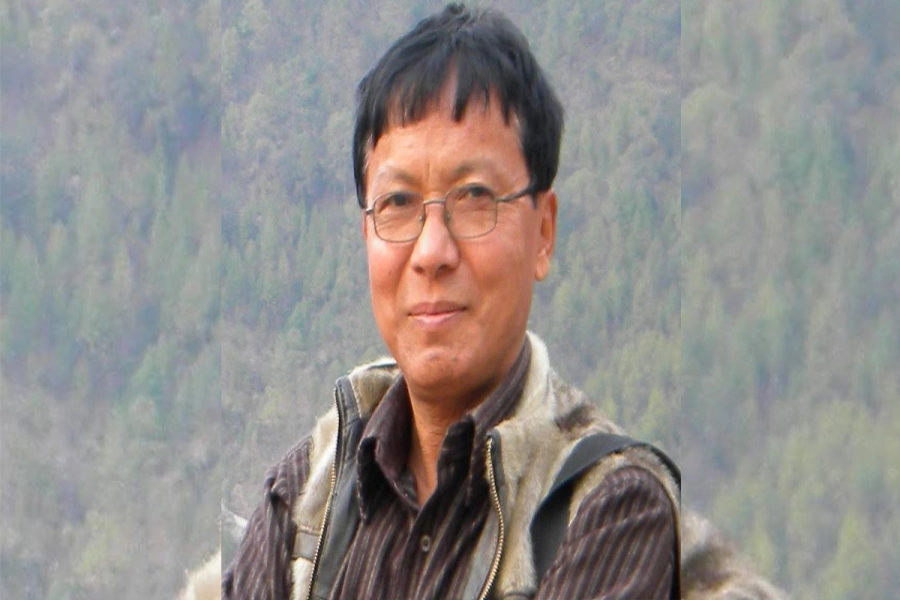NEW YORK, Dec 29: New York City’s deadliest residential fire in decades spread through every floor of a Bronx apartment building within a matter of minutes, city officials said, killing 12 people and sending other residents scrambling outside into the cold and down fire escapes to safety.
The dead included a child around a year old, New York City Mayor Bill de Blasio said during a briefing late Thursday, adding that four more people were fighting for their lives.
Fire Commissioner Daniel Nigro called the fire, “historic in its magnitude,” because of the number of lives lost. Excluding the Sept. 11 attacks, it was the worst fire in the city since 87 people were killed at a social club fire in the Bronx in 1990.
“Our hearts go out to every person who lost a loved one here and everyone who is fighting for their lives,” Nigro said.
The blaze broke out on the first floor of a five-story building just before 7 p.m. and quickly tore through the roughly century-old structure near the Bronx Zoo.
Some tenants of the building, a mix of native New Yorkers and Latino and African immigrants, climbed down fire escapes. But the flames moved so fast that many never made it out of their apartments.
Twelve dead in New York City apartment fire - mayor

The cause of the fire remained under investigation.
New York City’s mayor says 12 people have been killed in a Bronx apartment building fire including a child around one year old. (Dec. 28)
About 170 firefighters worked in bone-chilling cold, just 15 degrees, to rescue about a dozen people from the building.
Thierno Diallo, 59, a security guard originally from Conakry, Guinea, who lives in a ground floor apartment said he was asleep when he heard banging on the door. It took him a moment to realize what was happening.
“Only when I heard people screaming, ‘There’s a fire in the building!’” he said. “I heard somebody, ‘Oh! Fire! Fire! Fire!’”
He ran outside in his bathrobe, jacket and sandals.
Kenneth Kodua, 37, said he left his apartment to get food, leaving his roommate behind, and came back to find people fleeing in a panic.
Hours later, he was still trying to find out whether his roommate had escaped.
“I tried calling her. I tried calling. No answer,” he said, still clutching his bag of uneaten food. His phone was dead.
Many questions remained in the immediate aftermath of the blaze, including how the fire spread so quickly in a brick building built after catastrophic fires at the turn of the 20th century ushered in an era of tougher enforcement of fire codes.
The building had more than 20 units. It was not new enough that it was required to have modern-day fireproofing, like sprinkler systems and interior steel construction.
Witnesses described seeing burned bodies being carried away on stretchers and young girls who had escaped standing barefoot outside with no coats.
Twum Bredu, 61, arrived in the neighborhood looking for his brother, who had been staying with a family in the building. The family, a husband and wife and four children, got out. But there was no word about his brother.
“I’ve been calling his phone, it’s ringing, but nobody picks up,” Bredu said. “He was in his room, and we don’t know what happened.”








































